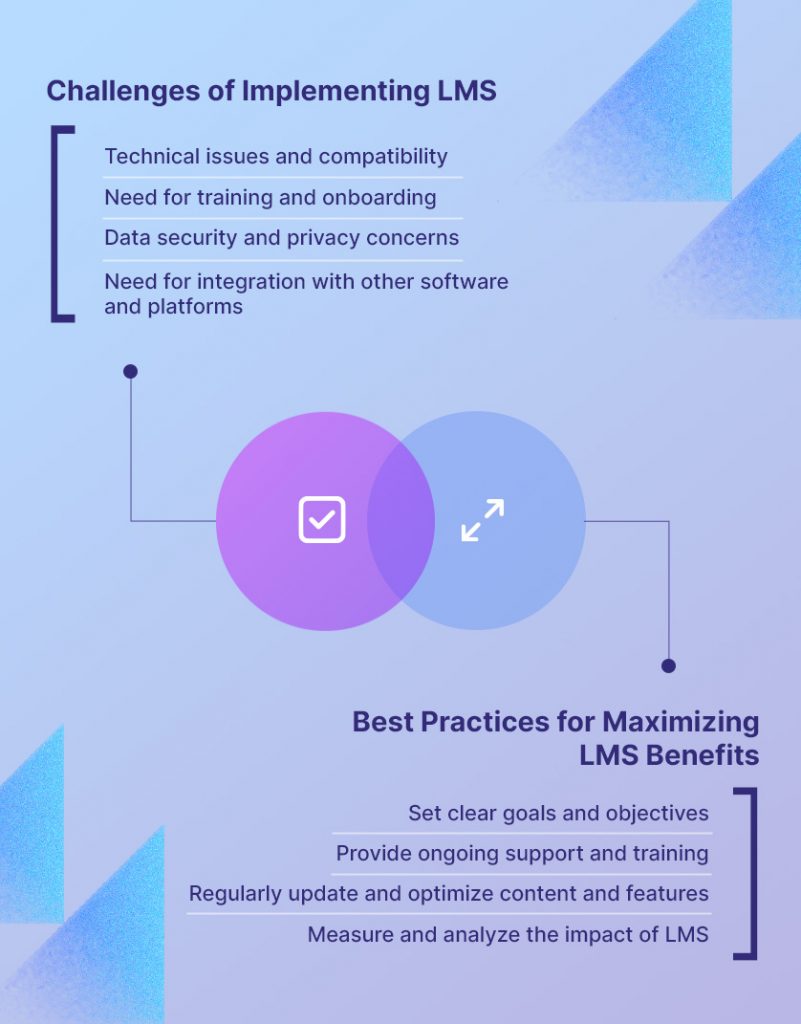In today’s fast-paced and ever-evolving world, the need for effective training and development solutions has never been greater. Learning Management Systems (LMS) have emerged as a powerful tool for organizations looking to enhance the learning experience for their students and employees.
Overview of Learning Management Systems (LMS)
A Learning Management System (LMS) is a software application or web-based technology used to plan, deliver, manage, and assess a specific learning process. It provides an instructor with a way to create and deliver content, monitor student participation, and assess student performance.
Recent statistics show an increasing use of LMS in educational institutions and organizations. This trend is driven by the realization of its numerous benefits.
Benefits of Learning Management Systems
LMS offers an enhanced learning experience for students and employees. It provides a flexible, digital environment that supports different learning styles.
LMS also allows for improved tracking and monitoring of progress and performance. Instructors can see where students are excelling, and where they may need more help.
From an organizational perspective, LMS is a cost-effective and time-saving solution for training and development. It eliminates the need for physical materials and allows for easy updating of content.
One of the key advantages of LMS is the ability to provide customizable content and personalized learning paths. This means that learning can be tailored to each individual, leading to a more effective education.
Finally, LMS promotes increased engagement and collaboration among users. Through features like discussion boards and group projects, learners can interact with each other and with their instructors in a meaningful way.
Challenges of Implementing Learning Management Systems
Despite its many benefits, implementing an LMS can come with its own set of challenges. These include technical issues and compatibility with existing systems, the need for training and onboarding of users, data security and privacy concerns, and the need for integration with other software and platforms.

Best Practices for Maximizing the Benefits of Learning Management Systems
To maximize the benefits of LMS, organizations should set clear goals and objectives for using the system. They should also provide ongoing support and training for users to ensure they can effectively use the LMS.
Regularly updating and optimizing content and features is another important practice. This keeps the learning experience fresh and relevant.
Finally, measuring and analyzing the impact of LMS on learning outcomes can help organizations make necessary adjustments and improvements.
Conclusion
In conclusion, Learning Management Systems offer a host of benefits for organizations looking to enhance their training and development programs. By providing a centralized platform for creating, managing, and delivering learning content, LMS can improve the learning experience for students and employees, increase engagement and collaboration, and streamline the training process. While challenges may arise during the implementation of LMS, organizations can overcome these obstacles by following best practices and prioritizing ongoing support and training for users. Encouraging organizations to consider implementing Learning Management Systems for their training and development needs is essential for staying competitive in today’s rapidly changing business landscape.
